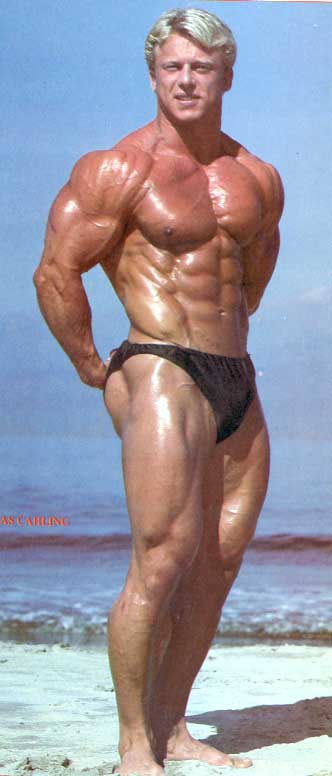Whether the diet is high, mid or low protein (as compared to other macronutrients) is completely irrelevant. Caloric surplus and 1.5-2g/kg protein is the only meaningful requirement. Just wanted to correct this huge misunderstanding.
That is a gross over simplification when describing building muscle or changing body composition. I don't understand how people can throw statements around like this without even providing a source for evidence or without discussing how they have come to this conclusion. Should we just take your word as fact?
First of all, by USDA standards, the protein requirement you stated above is considered high. The USDA recommends 50g protein for active person on a 2000 calorie diet. Secondly, not all proteins are created equal: there are incomplete proteins and complete proteins. If a diet consists primarily of incomplete proteins, the diet will need a larger quantity and variety of protein to make up for the missing amino acids. Third, there is the issue of digestibility. Plant proteins digest differently and arguably less efficiently than animal proteins. This means if you are consuming a mostly vegetable based diet, you will need a higher amount of protein to compensate for lack of efficacy in comparison to a animal protein based diet. Fourth, you are forgetting activity levels. Protein requirements scale to activity levels. 0.8 grams per kilogram of body weight may work well for someone engaged in light activity, but for a long distance marathoner or competitive power lifter, protein requirements may sore as high as 3 grams per kilogram of body weight. And Lastly, you are completely ignoring the issue of macro nutrient ratios and body composition. Sure any caloric excess will aid in creation of muscle tissue, but depending on your macro nutrient ratios, you could also end up fat or lean. Many off-season bodybuilders eat a carbohydrate rich diet and end up fat as a result. Thus the process of pre-contest preparation. Carbohydrate restriction and substitution with healthy fats with the same caloric surplus will result in a much leaner results.




















































